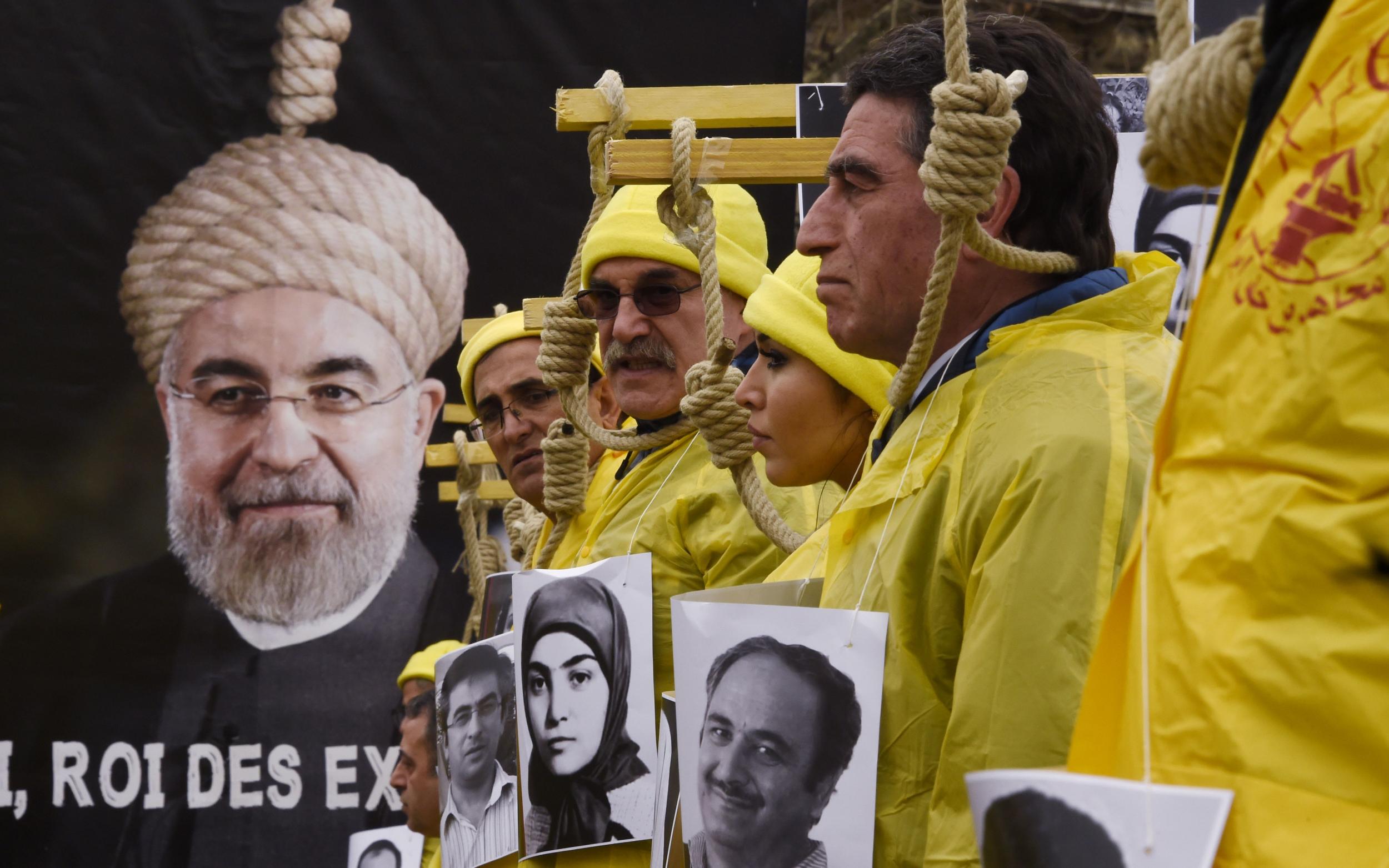Iran executed three child offenders in January, human rights group says
Critics say 2013 changes to the penal code designed to protect minors in Iranian criminal justice system have not stopped the country's 'continuing violation of children's rights'

At least three minors have been executed by hanging in Iran so far this year, rights organisation Human Rights Watch (HRW) has said.
18-year-old Amirhossein Pourjafa was hanged on 4 January in the northern town of Karaj for the alleged rape and murder of a three-year-old girl when he was 16.
On 30 January, 20-year-old Mahboubeh Mofidi of Nowshahr - married off at 13 - was executed for allegedly killing her husband at the age of 17.

Also on 30 January, in Bushehr in Iran’s south, Ali Kazemi was hanged for killing someone in a street fight when he was 15.
Data collected by local rights groups, HRW and Amnesty International found significant flaws in all three cases, which HRW says should have led the authorities to reconsider the use of the death penalty.
The use of capital punishment for child offenders in January alone makes for a “bloody start to 2018”, Sarah Leah Whitson, Middle East director at Human Rights Watch, said in a statement.
“Iran seems intent on erasing any positive impression gained from modest reforms to its drug execution laws last year.
“When will Iran’s judiciary actually carry out its alleged mission, ensuring justice, and end this deplorable practice of executing children?”
Iran has implemented the death penalty for a wide variety of charges since the 1979 Revolution, including drug trafficking and religious offences. It is one of only four countries, along with Pakistan, Saudi Arabia, and Yemen, known to have executed child offenders since 2013.
Iran is a signatory of the UN’s Convention on the Rights of the Child, which forbids use of the death penalty.
Despite that, at least 25 people have been executed for offences allegedly committed when they were children in Iran since 2014, Iran Human Rights says.
In 2013 changes to the penal code designed to protect minors in Iran’s criminal justice system were introduced allowing judges to use discretion in sentencing for capital punishment crimes.
However, a 2015 report from Amnesty International found that the changes had not been meaningfully implemented, allowing the authorities to “whitewash their continuing violations of children’s rights and deflect criticism of their appalling record as one of the world’s last executioners of juvenile offenders.”
Iranian officials did not immediately respond to The Independent's request for comment.
Join our commenting forum
Join thought-provoking conversations, follow other Independent readers and see their replies
Comments
Bookmark popover
Removed from bookmarks